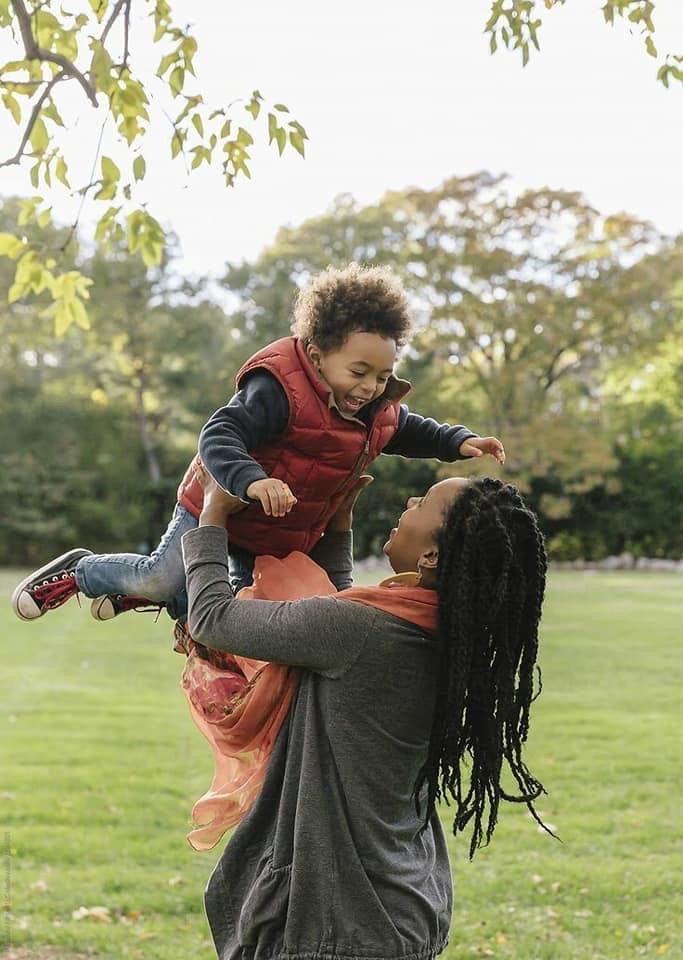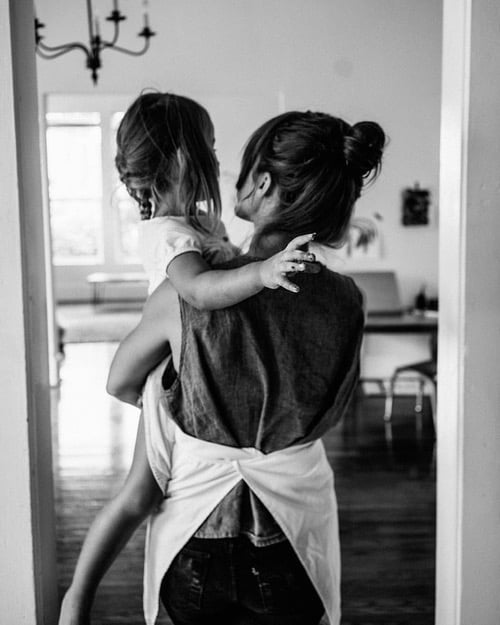Posts Tagged ‘custody’
Best Advice on Custody for Divorcing Moms
Determining child custody can be the most challenging aspect of the divorce process. It’s important to know the facts in order to take the necessary steps to achieve what’s best for you and your children. Speak with your attorney about your options and how best to position yourself during this challenging time. Gathering key legal…
Read MoreCoparenting Through Children’s Birthdays After Divorce
Despite the high divorce rates, the end of a marriage is never easy—especially when you’re the one getting divorced. Obviously, it’s not easy for you or (most likely) your Ex. And it’s definitely difficult for your children. Children of divorce tend to wonder about things like what part they played in the breakup of their…
Read More7 Ways to Lovingly Support Your Kids Through Divorce
Whether you’re contemplating, planning, or coparenting after divorce, if you’re a parent it’s vitally important that your children are your top priority. Before making any decisions regarding divorce issues, put yourself in their shoes in order to best support your kids. Think about the consequences for them. See the outcome through the eyes of your…
Read MoreWhat is a Custody Battle and How Do You Avoid One?
A custody battle occurs when divorcing or divorced parents disagree about who should retain legal or physical custody of their children. Unfortunately, this is a common cause of litigation in family court, second only to litigation over support payments. Custody battles are costly, both emotionally and financially, and can wreak havoc in the lives of…
Read More




